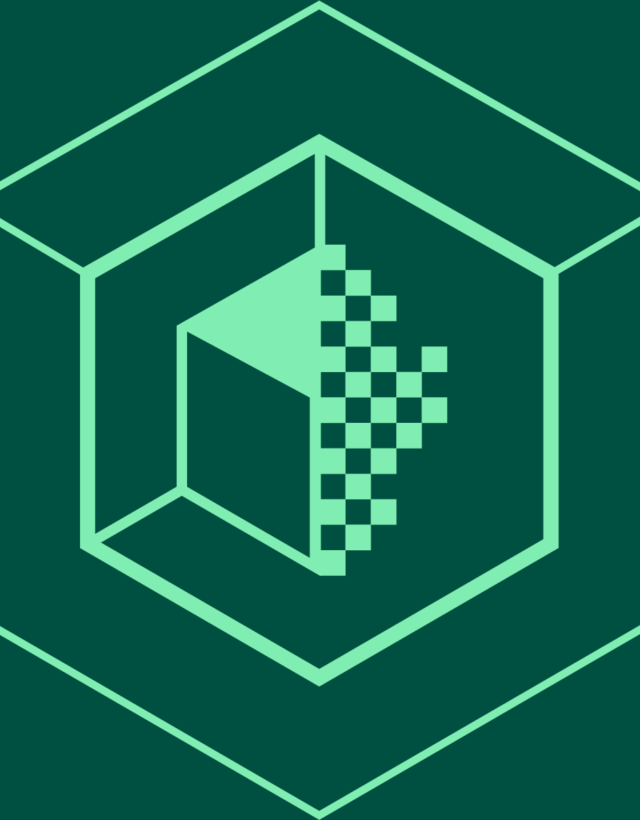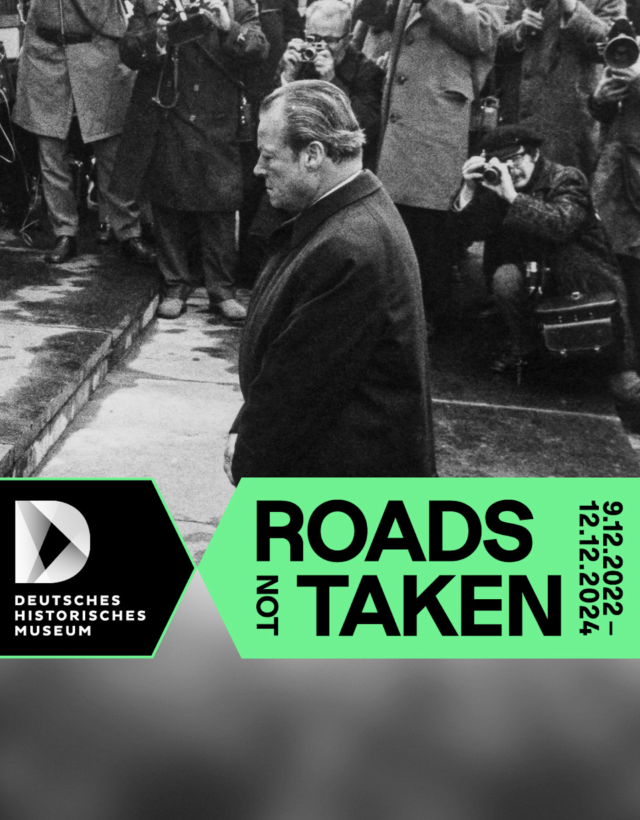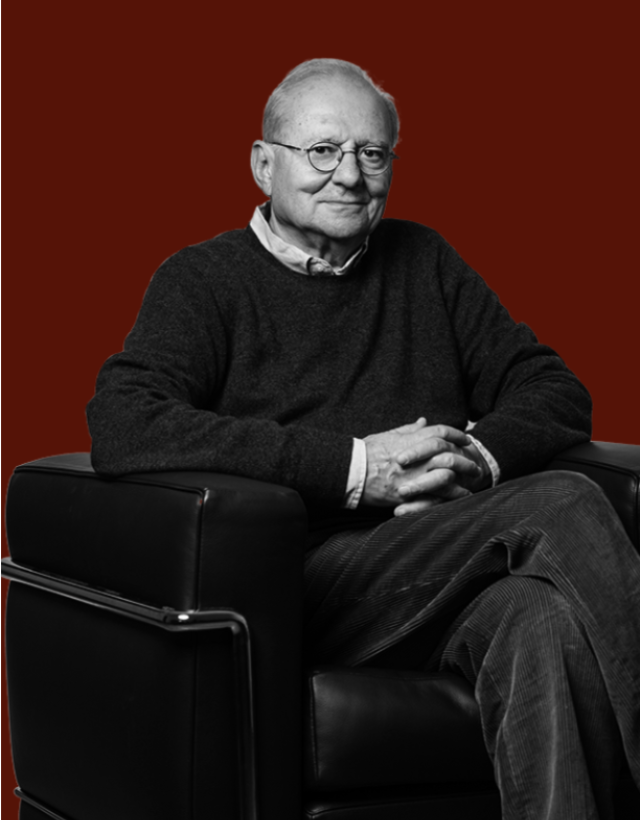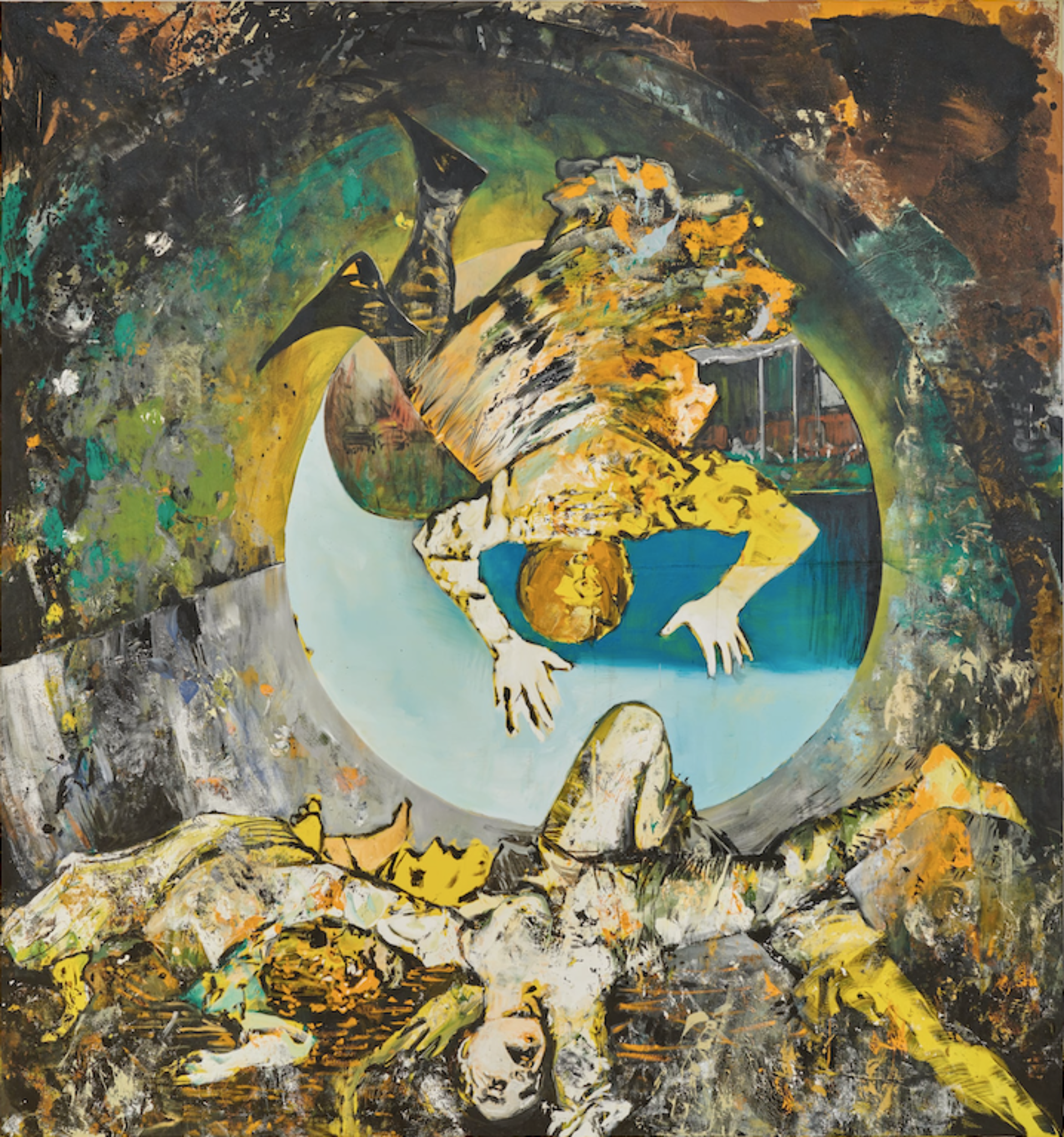
When Russia invaded Ukraine on February 24th, the artists Emmanuel Bornstein and Vladimir Potapov were busy planning an exhibition in Krasnoyarsk, Siberia. Putin’s decision to attack changed their plans. They canceled the show that was originally supposed to be about the effects of the Covid pandemic. And instead, they changed the subject of their artistic dialogue: Potapov, who is based in Moscow, and Bornstein who lives in Berlin, started to exchange their concerns, their emotional involvement and powerless rage over the war. Their works were on display at Galerie Crone in Berlin in the summer of 2022.
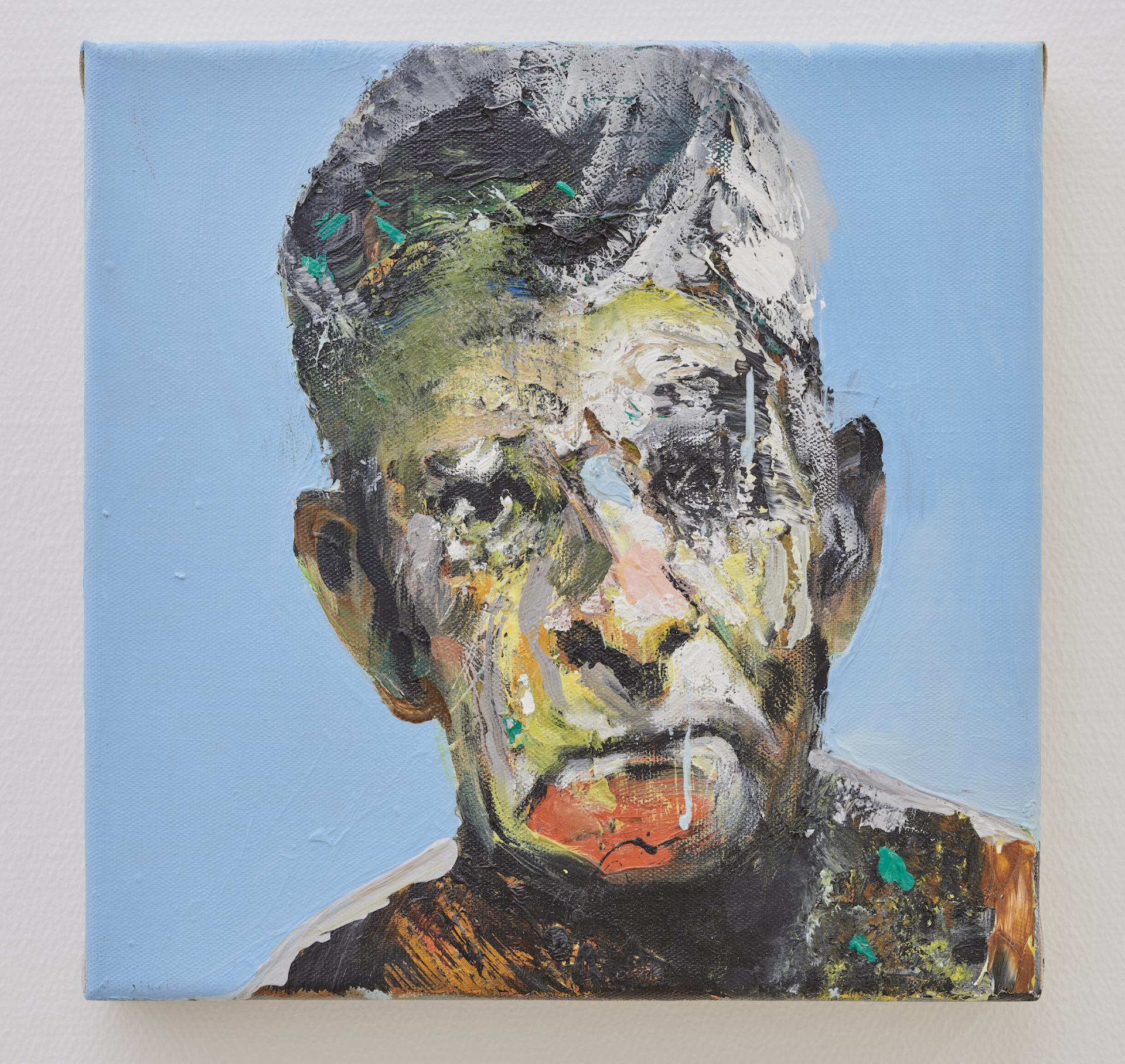
Emmanuel Bornstein's art is a personal examination of his history. In his series Another Heavenly Day - the title is inspired by Samuel Becketts Play “Happy Days”- he portrays personalities relevant to him (for better or for worse). Franz Kafka, Samuel Beckett and Wolodymyr Selenskyj, but also Vladimir Putin, Klaus Barbie and Adolf Eichmann might be recognised in some of the works. What is so special about this series is that it plays with the preconceptions and associations of the recipient. Bornstein does not reveal who is portrayed, it is rather the dialogue with the viewer that might offer a solution whether the person depicted is someone good or evil. Or neither.
Bornstein’s work centers a lot around his Grandmother Carmen Siedlecki Bornstein, who was part of the Resistance in France before she was deported to Auschwitz. She survived, but the silence surrounding her past has had a huge influence on his art and himself as an artist.
“Remember the past and remember the atrocities of the past – in a way, we are all linked to it” says Bornstein. The question remains: can inherited trauma be healed through art?
